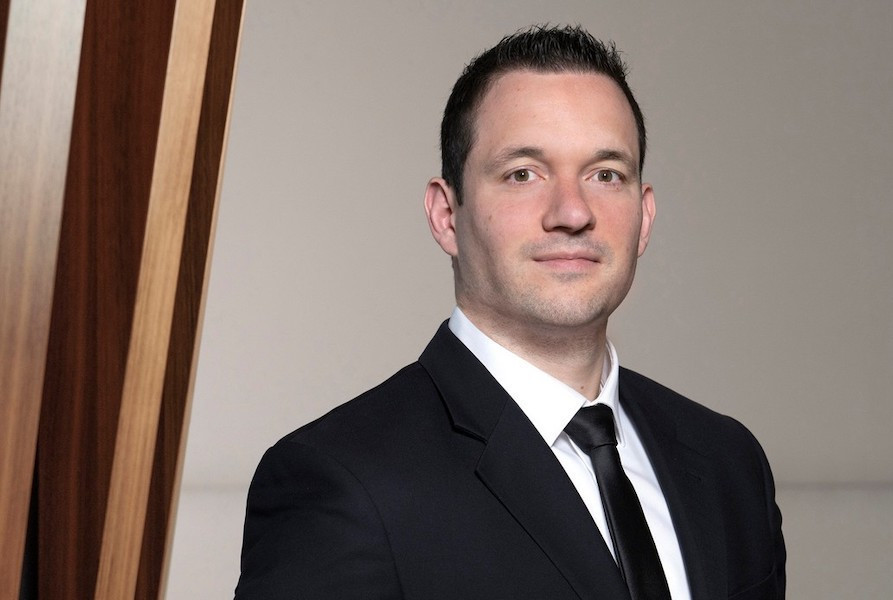When thinking about forensic technology, it is important to bear in mind that the word ‘forensic’ derives from the Latin forēnsis, meaning ‘of or before the forum’. This dates back to Roman times when someone charged with a crime, and their accuser, would each present their side of the story to a group of public officials, who would then decide in favour of whomever delivered the most compelling argument.
In essence, therefore, forensic technology is technology used to bring facts to light – typically in regulatory or criminal investigations. There is a broad range of innovative equipment and software capable of revealing information that may prove decisive for the outcome of a case. One good illustration of this is the popular CSI television series, in which crime scene investigators use state-of-the-art technology to collect, analyse and present evidence. Doing so in a forensically sound manner means that their findings will withstand judicial scrutiny.
In the business context, forensic technology helps legal teams minimise the likelihood of error in evidence collection, increasing their chances of success. In the era of big data such technology can even be strictly indispensable, for example in high-stakes cases that demand a rapid legal outcome but require years of emails and documents to be reviewed.
In our scenario, the company’s management made the not uncommon mistake of assuming that their evidence was legally defensible. To them the fraud might have been obvious, but in a courtroom, even the clearest reasoning becomes irrelevant if not argued appropriately. Without proving the authenticity of their evidence, the company was doomed to lose the case.
So what could they have done differently? From the outset, the management should have consulted forensic investigation experts to understand how best to proceed and avoid pitfalls. These specialists can advise on how to run an investigation, including how to make the most efficient use of forensic technology. They can also ensure that evidence collection, analysis and presentation are performed in a legally defensible manner. With access to a group of seasoned consultants, not only will your decisions be better informed, but your arguments and evidence are certain to hold up in court or administrative proceedings.
Written by , Senior Manager, Arendt Regulatory & Consulting.
